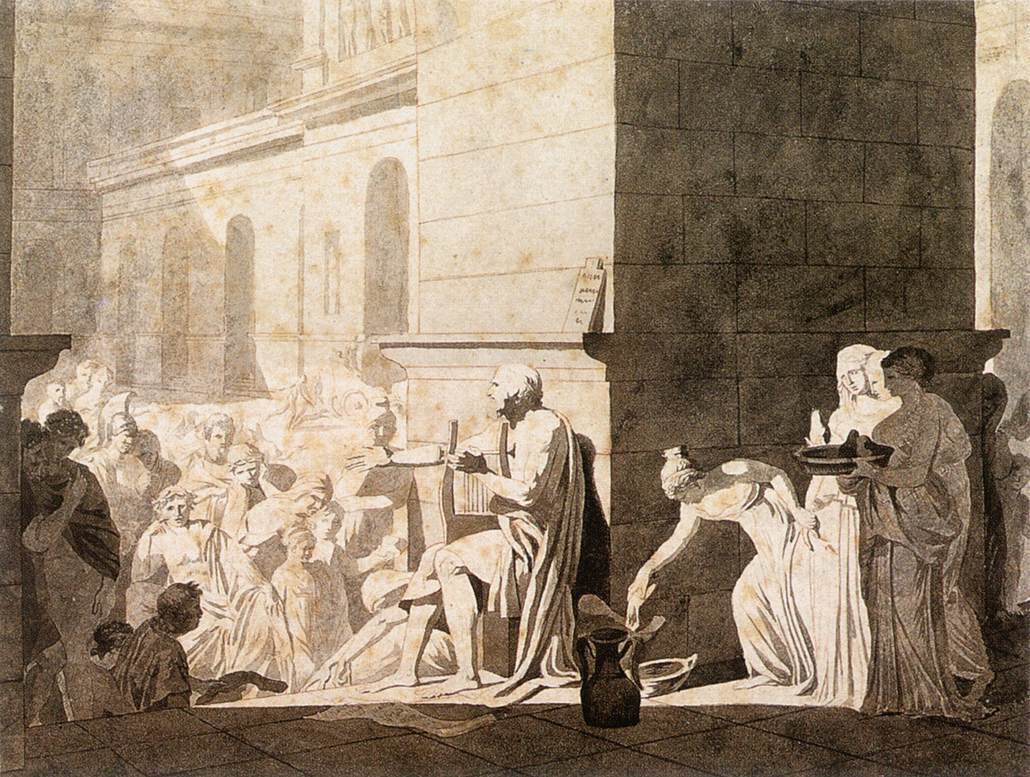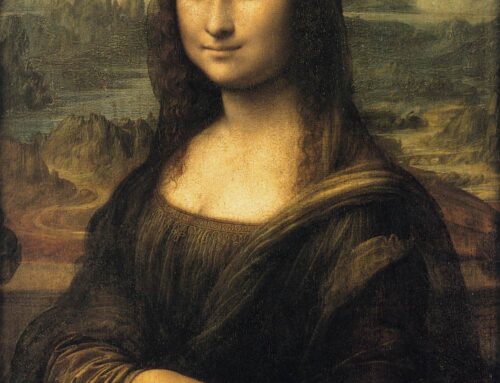Literature and science: their common pursuit of knowledge, and their differences.
Experience shows us that the generality of men will find more interest in learning that when a taper bums the wax is converted into carbonic acid and water, or in learning the explanation of the phenomenon of dew, or in learning how the circulation of the blood is carried on, than they find in learning that the genitive plural of pais and pas does not take the circumflex on the termination. And one piece of natural knowledge is added to another and others to that, and at last we come to propositions so interesting as the proposition that ‘our ancestor was a hairy quadruped furnished with a tail and pointed ears, probably arboreal in his habits.’ Or we come to propositions of such reach and importance as those which Professor Huxley brings us, when he says that the notions of our forefathers about the beginning and the end of the world were all wrong, and that nature is the expression of a definite order with which nothing interferes.
Interesting, indeed, these results of science are, important they are, and we should all be acquainted with them. But what I now wish you to mark is, that we are still, when they are propounded to us and we receive them, we are still in the sphere of intellect and knowledge. And for the generality of men there will be found, I say, to arise, when they have duly taken in the proposition that their ancestor was ‘a hairy quadruped furnished with a tail and pointed ears, probably arboreal in his habits,’ there will be found to arise an invincible desire to relate this proposition to the sense within them for conduct and to the sense for beauty. But this the men of science will not do for us, and will hardly, even, profess to do. They will give us other pieces of knowledge, other facts, about other animals, and their ancestors, or about plants, or about stones, or about stars; and they may finally bring us to those ‘general conceptions of the universe which have been forced upon us,’ says Professor Huxley, ‘by physical science.’ But still it will be knowledge only which they give us; knowledge not put for us into relation with our sense for conduct, oar sense for beauty, and touched with emotion by being so put; not thus put for us, and therefore, to the majority of mankind, after a certain while unsatisfying, wearying….
And the more that men’s minds are cleared, the more that the results of science are frankly accepted, the more that poetry and eloquence come to be studied as what they really are–the criticism of life by gifted men, alive and active with extraordinary power at an unusual number of points; so much the more will the value of humane letters, and of art also, which is an utterance having a like kind of power with theirs, be felt and acknowledged, and their place in education be secured.
Matthew Arnold, “Literature and science” (1882)









Leave A Comment